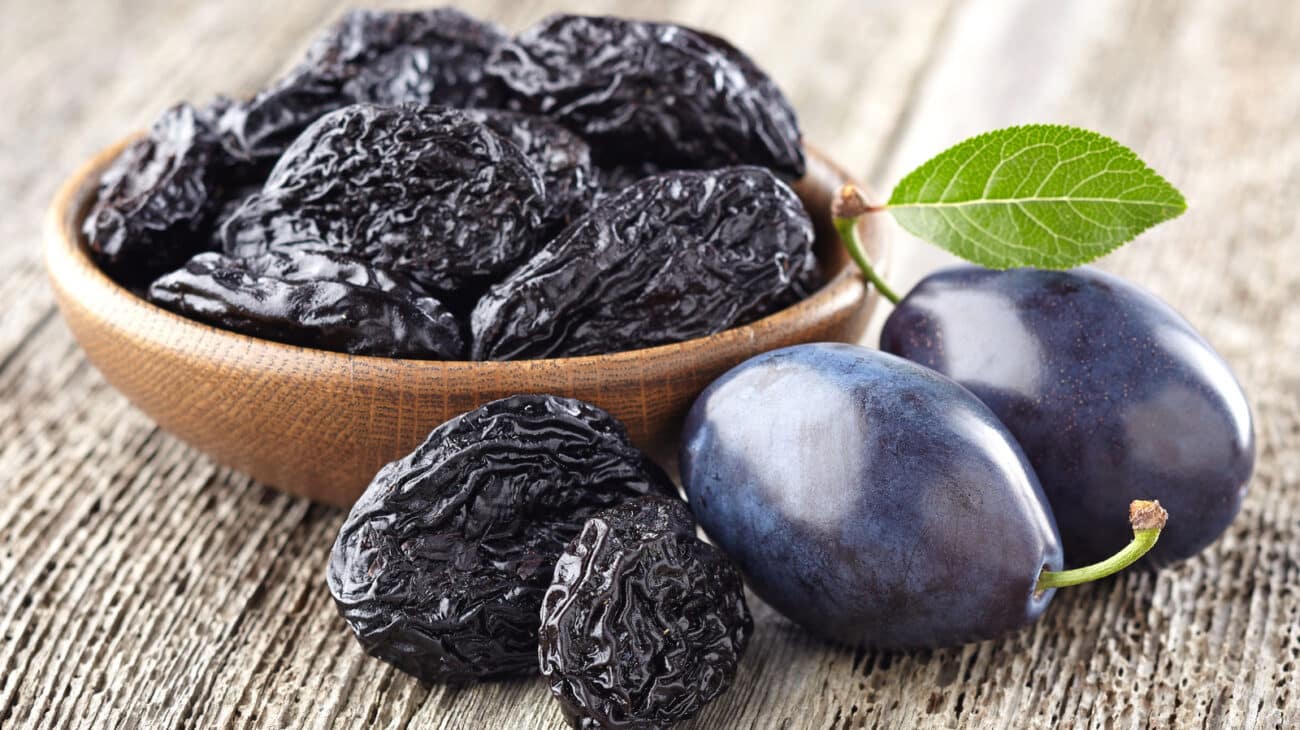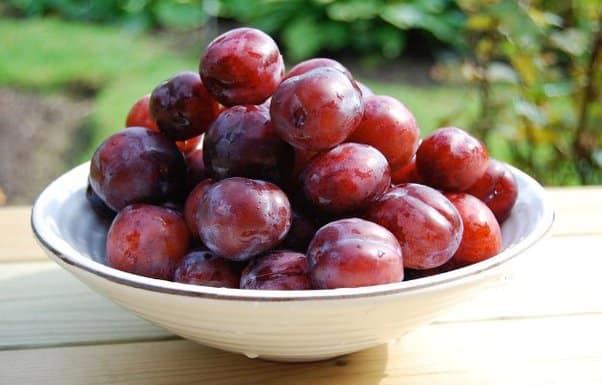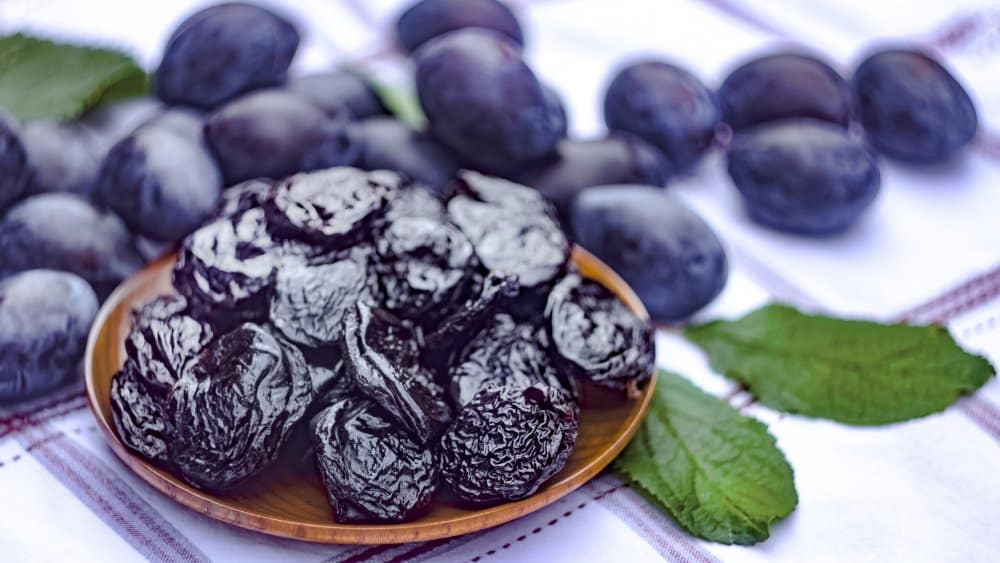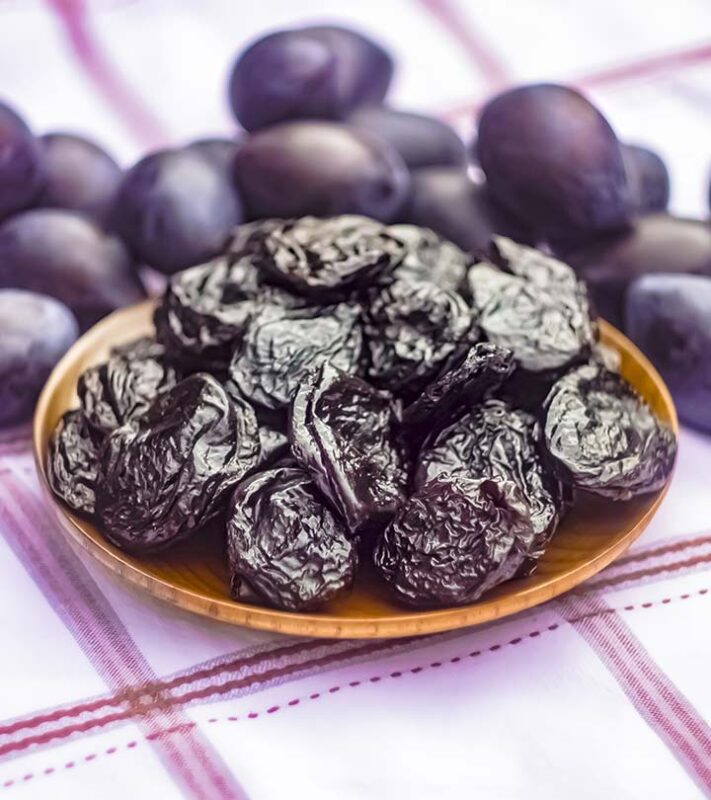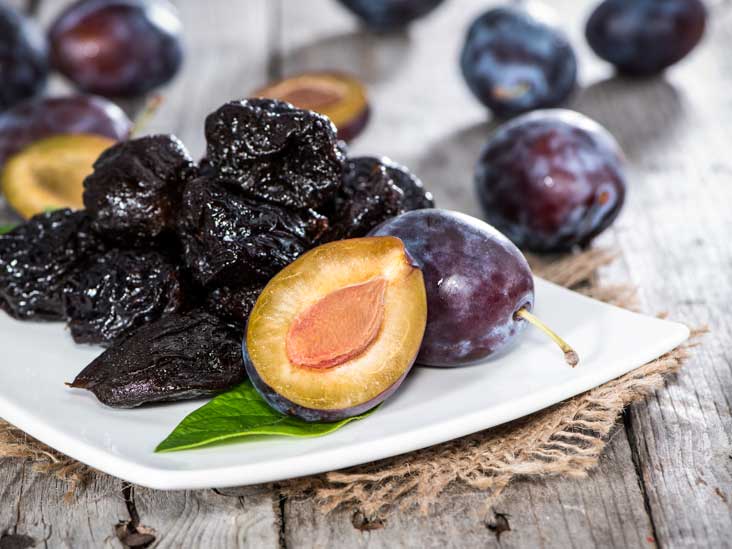Blog
How many plums can I eat a day?
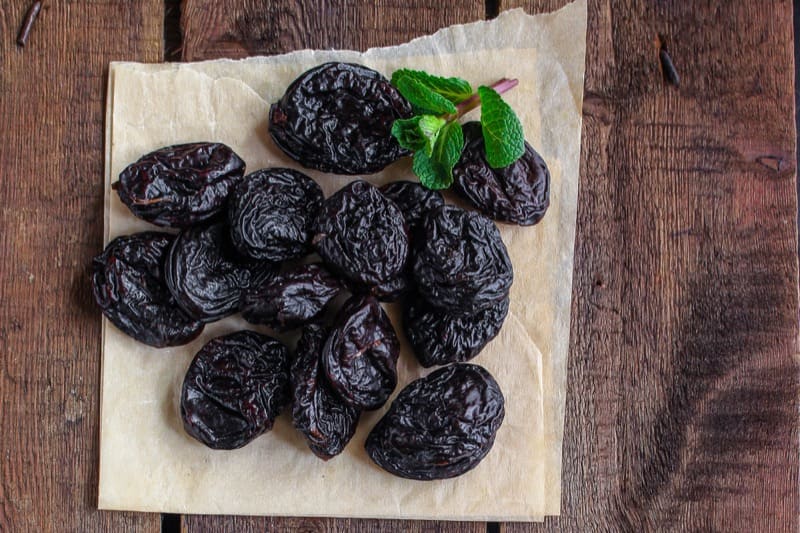
If you’re like me, you’ve been wondering how many plums you can eat per day without getting sick of them. And, if you haven’t been wondering that, then I’m happy to have made your day! So here’s the deal: A healthy person can safely eat 1-2 cups of plums per day without any negative effects on their body. For those with certain medical conditions or unique nutritional needs like pregnancy or breastfeeding, however, it might be best to consult a doctor before consuming excessive amounts of this fruit in one sitting.
When considering how many plums you can eat in a day, it’s important to balance enjoyment of this delicious fruit with nutritional moderation. Plums are an excellent source of vitamins, minerals, fiber, and antioxidants, which are essential for good health. Typically, eating one to two plums per day is considered a reasonable amount for most people. This quantity is sufficient to provide the health benefits of plums, such as aiding digestion and improving cardiovascular health, without consuming too many calories or sugars. However, individual dietary needs and health conditions vary, so it’s always wise to consult with a healthcare professional or a dietitian for personalized advice. Additionally, if you’re trying to manage blood sugar levels or are sensitive to fructose, it’s especially important to moderate your intake of plums and other fruits. Remember, a balanced diet is key, and plums can be a delicious part of it when consumed in appropriate amounts.
Expanding further, it’s helpful to understand the specific nutritional profile of plums to appreciate why moderation is important. Plums are relatively low in calories but high in essential nutrients. A medium-sized plum contains about 30 calories, along with important vitamins like vitamin C, vitamin K, and potassium. They also provide a good amount of dietary fiber, which is crucial for maintaining gut health and regularity.
Eating too many plums, however, could lead to some unintended consequences. For instance, overconsumption of fiber can cause digestive discomfort, bloating, and diarrhea. This is particularly true if you’re not used to a high-fiber diet. Moreover, plums contain natural sugars, and while these sugars are healthier than processed sugars, they can still contribute to increased calorie intake and potential fluctuations in blood sugar levels, especially in individuals with diabetes or insulin resistance.
Another consideration is the presence of sorbitol, a type of sugar alcohol found in plums. Some people are sensitive to sorbitol and may experience digestive issues if they consume too much of it.
Therefore, while plums are a healthy snack, like any food, they should be eaten in moderation as part of a varied diet. Balancing your intake of plums with other fruits and vegetables ensures you receive a wide range of nutrients and minimizes the risk of overconsumption of any single nutrient. As a rule of thumb, incorporating a variety of colors in your fruit and vegetable choices is a good way to ensure nutritional diversity. And again, for personalized dietary advice, consulting with a healthcare professional is always recommended.
Delving deeper into the topic, it’s worth noting that the health benefits of plums extend beyond their nutritional content. Plums contain unique phytonutrients and antioxidants that have been linked to various health benefits. These include anthocyanins, which are responsible for the fruit’s deep color and are known for their anti-inflammatory and heart-protective properties. Regular consumption of plums in moderation can contribute to overall cardiovascular health by helping to lower blood pressure and cholesterol levels.
Furthermore, the antioxidants in plums, particularly vitamin C, play a vital role in skin health and immune function. They help combat oxidative stress, which is linked to aging and various diseases. Eating plums can, therefore, be part of a diet that supports healthy aging and robust immune defense.
For those concerned about weight management, the low calorie and high fiber content of plums make them an excellent choice for a satiating snack. Fiber helps you feel full longer, reducing the likelihood of overeating. This can be particularly beneficial for individuals looking to maintain or lose weight without feeling deprived.
However, it’s crucial to consider how plums fit into your overall diet. If you’re eating a lot of other high-fiber fruits and vegetables, you might need to eat fewer plums to avoid gastrointestinal issues. Additionally, if your diet is already high in sugar (even from natural sources), you might want to limit your intake of sweet fruits like plums.
In summary, while one to two plums per day is a good general guideline for many people, the ideal number can vary based on individual dietary needs, health conditions, and overall diet. As always, it’s best to listen to your body and consult with healthcare professionals when making significant changes to your diet. With their delightful taste and health benefits, plums can be a valuable and enjoyable part of a balanced diet.
1 plum
- Plums are a good source of vitamin C, which helps your body produce collagen and keeps your teeth healthy.
- Plums also help regulate blood pressure, reduce inflammation and fatigue, and maintain bone health.
- The antioxidants in plums may protect against cancer by neutralizing free radicals that cause damage to cells.
3 plums
Plums are a good source of fiber, vitamin C and potassium. They’re also low in calories, making them a great snack for those looking to lose weight or manage their blood sugar levels. Plums contain antioxidants called polyphenols that may help reduce the risk of cancer and heart disease by preventing free radical damage to cells.
Plum trees are native to Asia but have been cultivated since ancient times throughout Europe and North America as well as other parts of the world. The plum tree is a member of the rose family (Rosaceae).
1 cup of plums
1 cup of plums is about 2 plums.
1 cup of plums is about 100 calories.
1 cup of plums has 0.4 grams of fiber, which makes you feel full and can help with digestion, especially if you’re eating a high-fiber diet like the Mediterranean Diet or DASH Diet.
Plum skins are also a good source of antioxidants called anthocyanins that may protect against heart disease and cancer; they’re also believed to have anti-inflammatory properties that can help relieve arthritis pain
2 cups of plums
2 cups of plums is a good amount to eat in one day. Plums are a good source of fiber, vitamin C and potassium. They also contain antioxidants which help fight cancer-causing free radicals in your body.
Plums are also a good source of vitamin A (beta-carotene), which helps maintain healthy eyesight; calcium for strong bones; iron for blood production; magnesium for nerve function and energy production; potassium for muscle contraction/relaxation and sodium chloride (salt) regulation in the body
A handful of plums
Plums are a great fruit to eat and they can help you stay healthy. A handful of plums is about 5 plums, which is a good amount to eat. Plums have a lot of vitamins and minerals in them, such as vitamin C, potassium and fiber. You should try eating plums because they taste good!
One plum per day is a healthy amount to eat. It’s a good source of fiber, vitamin C and potassium.
Plums are a good source of fiber, vitamin C and potassium. They’re also a good source of vitamin A, vitamin K and calcium.
Plums contain magnesium (about 10% DV per plum), which is helpful for maintaining your body’s alkalinity levels and boosting energy levels.
Plums are a healthy food. Plums are a good source of fiber, vitamin C, and potassium. You can eat them fresh or cooked–and they’re very versatile in the kitchen! If you enjoy eating plums as part of your diet, there’s no reason to stop just because the season for fresh ones is over. Dried plums (also known as prunes) are available year-round at most grocery stores; look for them in the dried fruit section near raisins and dates.
The bottom line is that plums are a healthy food to eat. You can enjoy them in moderation and not worry about getting too much of a good thing!
Continuing the exploration of plum consumption, it’s interesting to consider the different types of plums and how they might affect your daily intake. There are over 200 varieties of plums, ranging in color from purple to red, yellow, and green. Each type has a slightly different flavor and nutritional profile. For example, black plums are known for their high antioxidant content, while red plums might be a bit sweeter and juicier. The variety of plums can add diversity to your diet and provide a broader range of nutrients.
Moreover, the way you consume plums also matters. Fresh plums are an excellent choice, but dried plums, commonly known as prunes, are also beneficial, especially for digestive health. Prunes are known for their high fiber content and have a natural laxative effect, which can help in managing constipation. However, prunes are more concentrated in sugars and calories, so their intake should be more controlled compared to fresh plums. Typically, a serving of prunes would be smaller than a serving of fresh plums.
Additionally, plums can be incorporated into your diet in various ways. They can be eaten alone as a snack, mixed into salads for a sweet and tart flavor, blended into smoothies, or baked into desserts. When used in recipes, the nutritional content of the overall dish should be considered, especially in terms of added sugars and calories.
It’s also worth noting that some people might be allergic to plums or experience oral allergy syndrome, a condition triggered by certain fruits in people who are allergic to pollen. Such individuals need to be cautious and possibly avoid plums altogether.
In the broader context of a healthy diet, variety is key. Consuming a wide range of fruits and vegetables ensures a comprehensive intake of different nutrients. While plums are a healthy choice, they should be part of a diverse diet that includes other types of fruit as well.
The quantity of plums one should consume daily can vary based on individual health needs, dietary preferences, and lifestyle. Whether you choose to enjoy one plum a day or vary your intake with different types and preparations, plums can offer both delightful flavors and substantial health benefits as part of a balanced diet.
Experience Foodnutra, a top supplier of great-tasting dry fruits in India. Their products are known for their high quality, amazing aroma, and long shelf life. Whether you want sweet or spicy dry fruits, they have a wide variety to choose from. You can enhance your cooking and snacking with their premium products, which are trusted by many. Shop with confidence, knowing you’re getting top-notch spices and dry fruits from a reputable source in the industry.
How many plums can I eat a day? – FAQs
- What is the recommended serving size of plums?
A serving size of plums is typically 2 to 3 plums (about 150g) per day. - Can I eat too many plums?
Yes, you can have too much of a good thing. Eating too many plums can cause digestive problems, such as diarrhea or stomach cramps, due to their high fiber content. Therefore, it’s recommended to limit your intake to 2-3 plums a day. - Are there any benefits to eating plums?
Yes, plums have many nutritional benefits. They are high in antioxidants, vitamins, and minerals, such as vitamin C and potassium. Eating plums can help lower cholesterol and reduce the risk of heart disease. - Can eating too many plums harm my health?
Eating too many plums in one sitting can lead to overconsumption of fiber or sugar, which may cause gastrointestinal discomfort or spike in blood sugar levels. Therefore, it’s important to consume plums in moderation. - What is the sugar content of plums?
Plums contain natural sugars, mostly fructose, glucose, and sucrose. However, they have a low glycemic index, which means that sugar from plums is slowly released into the bloodstream, avoiding spikes in blood sugar levels. - Do plums have any side effects?
Eating plums in moderation is generally considered safe for most people. However, excessive consumption can cause digestive discomfort or allergic reactions in some individuals. - Can eating plums help with weight loss?
Plums are low in calories and high in fiber, which can help control appetite and aid in weight loss. However, it’s important to incorporate plums as part of a balanced diet and not rely solely on them as a weight-loss solution. - Are there any special considerations for pregnant women when it comes to eating plums?
Plums are a good source of vitamins and minerals for pregnant women. However, it’s important to consume them in moderation due to their high fiber content, which can cause digestive issues. As always, consult with your doctor or dietitian for personalized recommendations. - Can I substitute plums with other fruits?
Yes, plums can be substituted with other fruits that have similar nutritional profiles, such as peaches, nectarines, and apricots. - What are some ways to include plums in my diet?
Plums can be eaten fresh, cooked, or baked, and incorporated into a variety of recipes, such as salads, jams, smoothies, and desserts. They make a great, healthy snack on their own, too!



